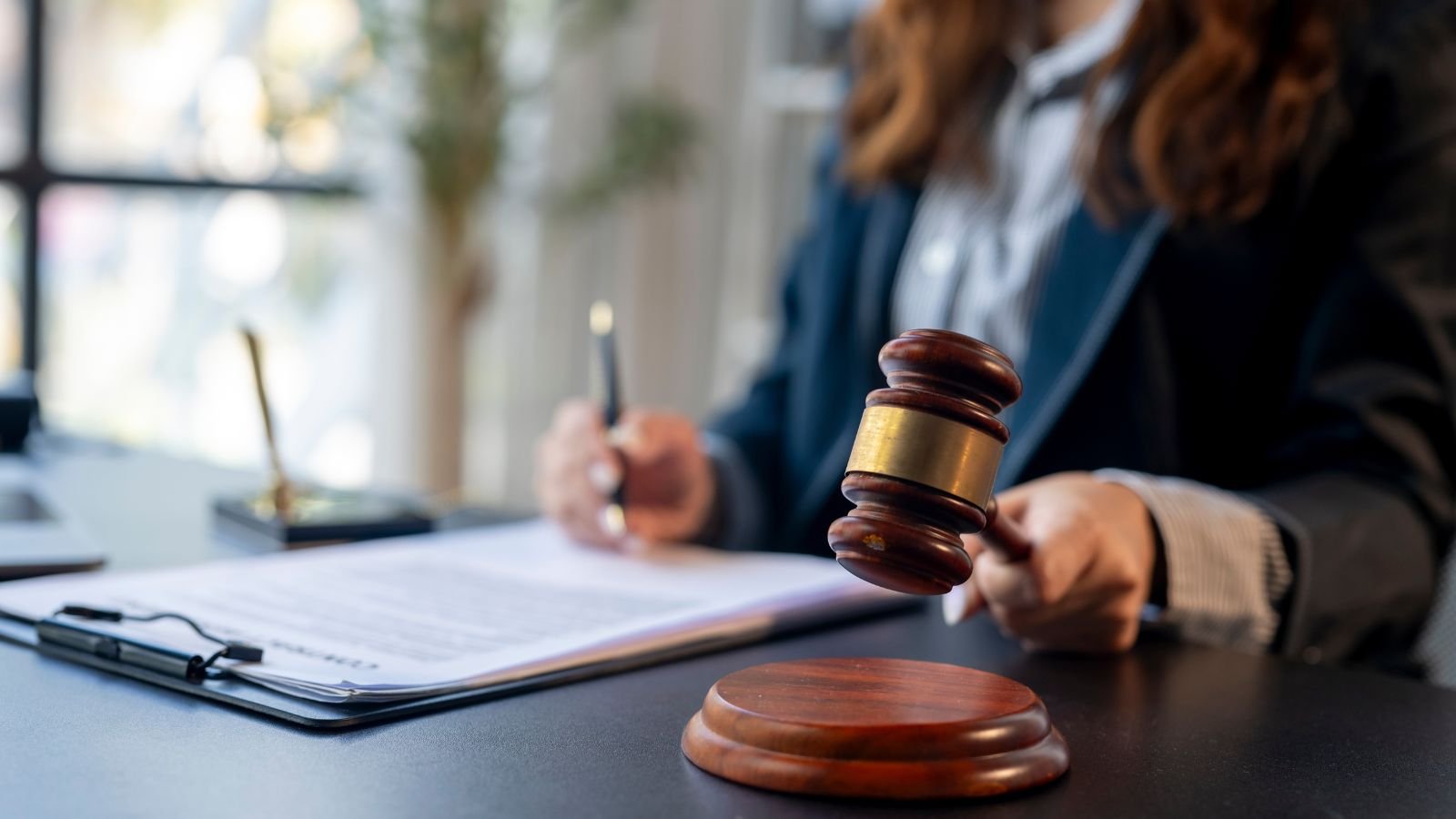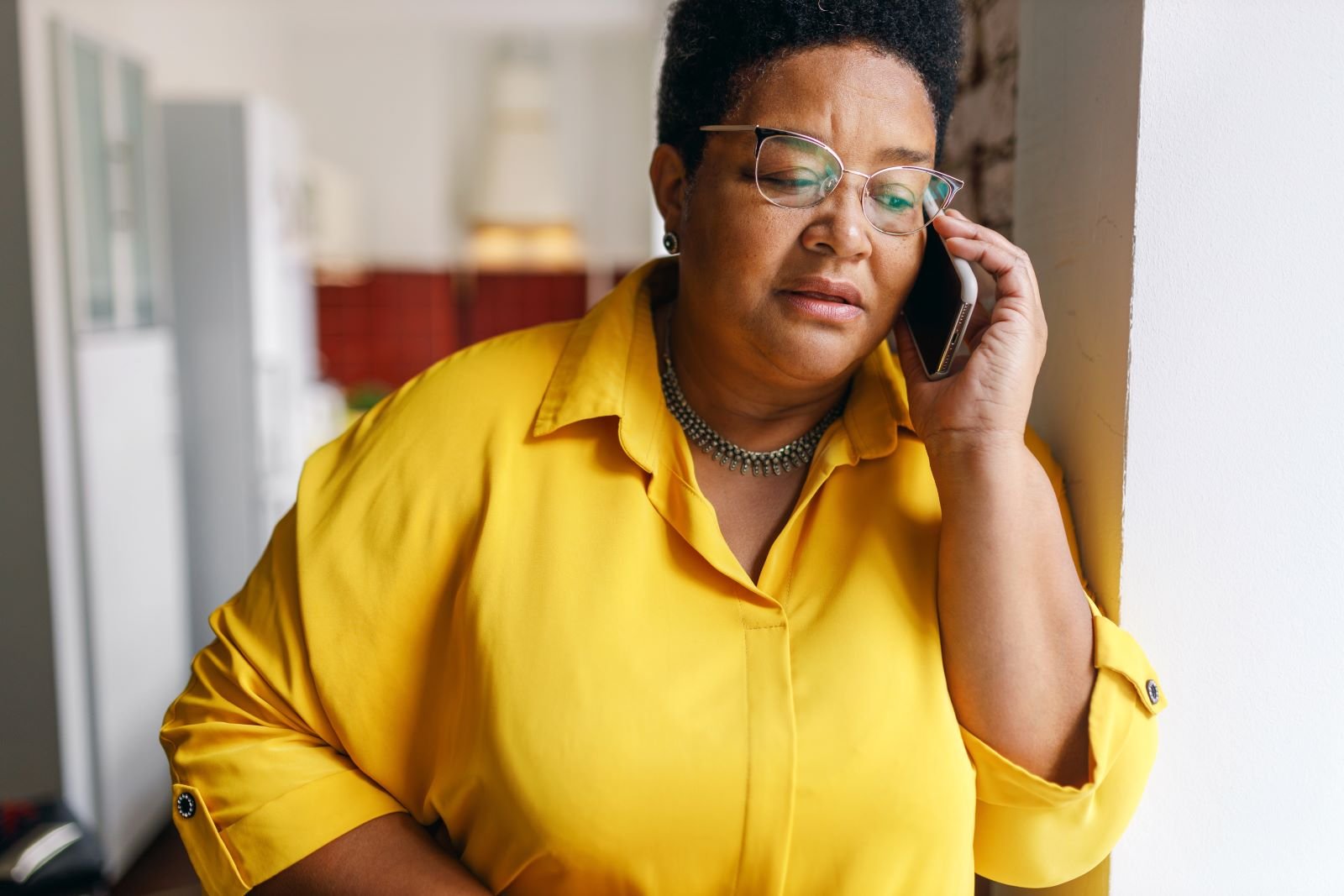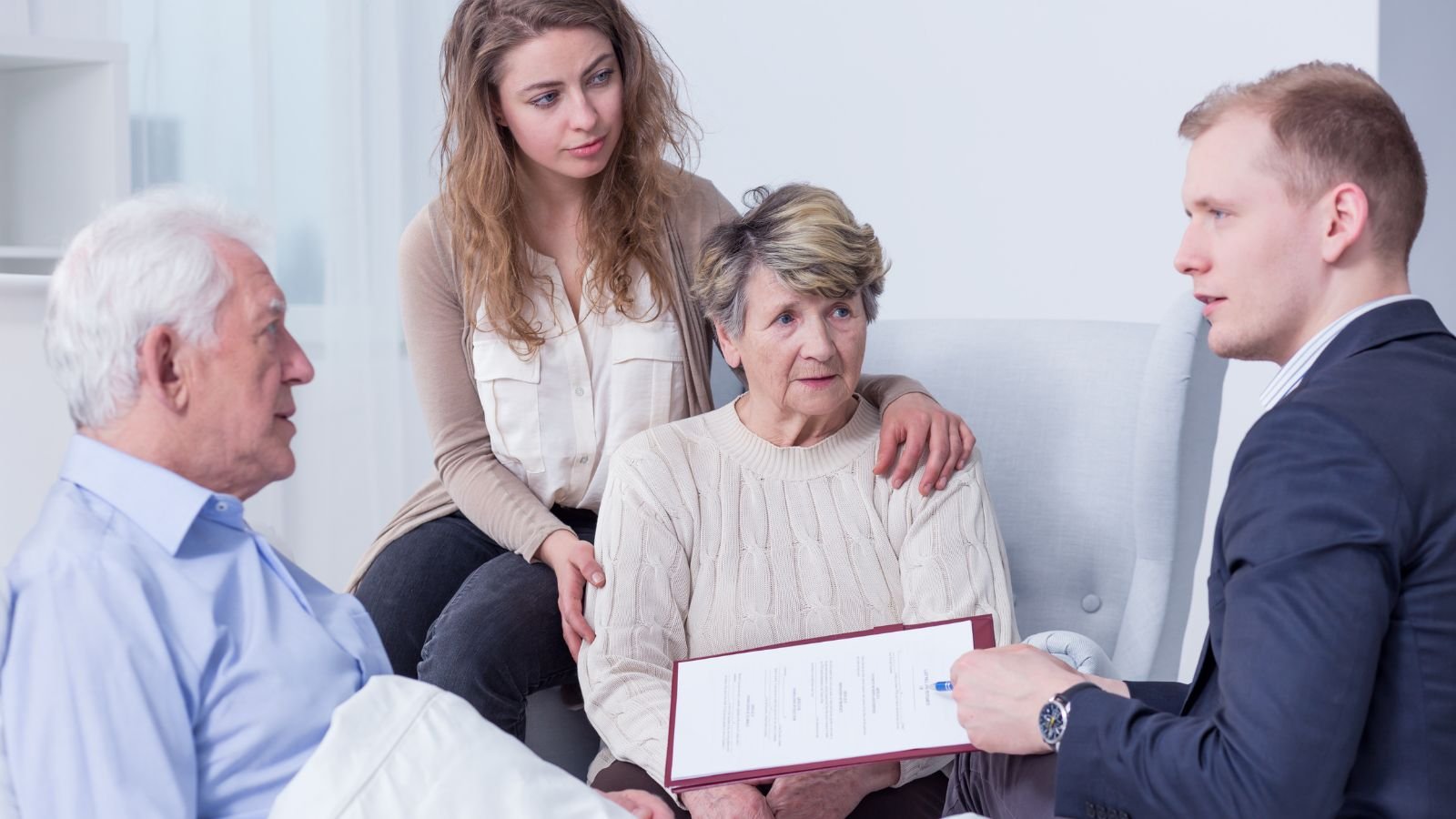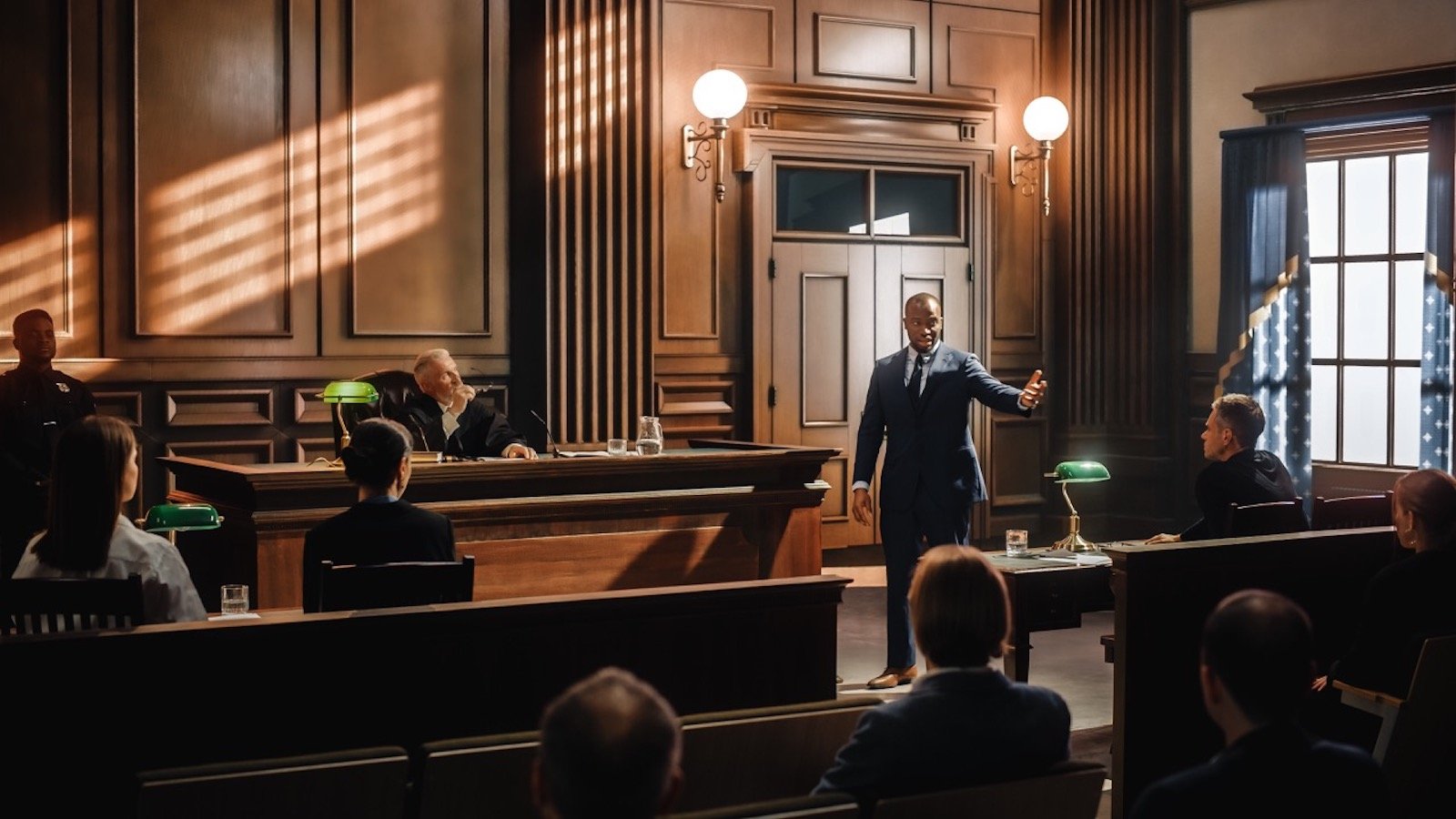As people age, they often face various legal issues, from estate planning to housing disputes. Unfortunately, legal services can be expensive, posing a challenge for many seniors on fixed incomes. Navigating the legal system can also be daunting, with complex paperwork and procedures that can be overwhelming without professional guidance. However, numerous resources provide free or low-cost legal assistance to seniors. These resources ensure that older adults can access the help they need to protect their rights, make informed decisions, and resolve their legal issues without incurring prohibitive costs.
We have researched articles and studies to curate a list of ways seniors can get free legal assistance.
Legal Services Corporation (LSC)

The Legal Services Corporation (LSC) is the primary funder of civil legal aid for low-income Americans. Established in 1974, it grants over 90% of its funds to nonprofit legal aid programs nationwide, promoting equal justice by addressing critical issues like housing, family law, and safety for the less privileged. To find a local legal aid office, visit the LSC website and use their search tool to locate the nearest provider.
Older Americans Act (OAA) funded Programs

Older Americans Act (OAA) funds local government or nonprofit agencies providing diverse services to help older adults live independently. These agencies often have legal assistance programs that offer free or low-cost services to seniors. The programs can help with issues like healthcare, elder abuse, and public benefits. To find your local OAA, visit the Eldercare Locator website or call their hotline.
Area Agencies on Aging (AAA)

Area Agencies on Aging (AAA) are regional organizations that coordinate a variety of services to support the old in being independent and have an improved quality of life. Many AAAs provide or can connect seniors to free or low-cost legal assistance, particularly for issues related to elder law, such as guardianship, estate planning, and elder abuse. Seniors can contact their local AAA to inquire about available legal resources or visit the USAging website to find a nearby office.
Pro Bono Programs

Many attorneys and law firms offer pro bono services, which means they provide legal assistance for free or at a reduced rate. These programs are often aimed at individuals who cannot afford legal services. Seniors can access pro bono services through local bar associations or nonprofit organizations dedicated to providing legal aid. The American Bar Association has a directory of pro bono programs by state. Pro bono services are primarily offered by legal organizations to clients with annual incomes at or below 125% of the federal poverty line. For 2023, this translates to $18,225 for an individual and $37,500 for a family of four. Nonetheless, financial need isn’t the sole factor that qualifies someone for pro bono assistance.
Law School Clinics

Law schools across the country have legal clinics where law students, under the supervision of experienced faculty, provide free legal services to the community. These clinics often handle various cases, including those involving elder law, family law, and housing. Seniors can benefit from the free services these clinics offer while helping law students gain practical experience. Contact local law schools to inquire about available services.
Senior Legal Hotlines

Many states have established senior legal hotlines, which provide free legal advice and referrals over the phone. These hotlines are staffed by attorneys and paralegals who can offer guidance on a range of legal issues affecting seniors, such as Social Security, Medicare, and long-term care.
Legal Aid Societies

Legal aid societies are nonprofit organizations that provide free legal services to low-income individuals, including seniors. These organizations typically handle public benefits, housing, and elder law cases. To find a legal aid society in your area, visit the website of the National Legal Aid & Defender Association (NLADA), which has a directory of member organizations.
Senior Legal Services

Senior legal services like the Elder Law Advocacy (ELA) offer free legal services to senior residents. These services are often staffed by volunteer attorneys who assist with a wide range of legal issues. Some clinics specialize in elder law and offer services for seniors over 60. Check with local community centers, libraries, or social service agencies to find a clinic near you.
Online Legal Resources

Several online platforms provide free legal information and resources. Websites and apps like LegalZoom, Nolo, and Rocket Lawyer offer articles, guides, and tools to help seniors understand their legal rights and options. While these platforms do not replace professional legal advice, they can be a valuable starting point for seniors seeking information on common legal issues.
Public Defenders

For seniors facing criminal charges and unable to afford an attorney, public defenders play a crucial role in ensuring they receive legal representation. Public defenders are court-appointed attorneys assigned to individuals who lack the financial resources to hire private legal counsel. These attorneys are tasked with defending the constitutional rights of their clients, including seniors, by providing competent and vigorous legal representation throughout the criminal justice process.
Public defenders assist with various aspects of criminal cases, from pretrial negotiations to court hearings and trials. They work to ensure that seniors understand the charges against them, their legal rights, and the potential consequences of their cases. Public defenders also advocate on behalf of their clients, aiming for the best possible outcomes, whether through plea agreements, dismissals, or reduced sentences.
Veterans Affairs (VA)

Seniors who are veterans may be eligible for free legal assistance through the Department of Veterans Affairs (VA). The VA offers various legal services to help veterans with benefits, housing, and healthcare. Veterans can contact their local VA office or visit the VA website to learn more about available services.
Nonprofit Organizations

Many nonprofit organizations offer free legal services to seniors. Organizations such as AARP, the National Senior Citizens Law Center (NSCLC), and the American Civil Liberties Union (ACLU) provide legal assistance to elderly prisoners. These organizations often have specific programs or initiatives aimed at protecting the rights of seniors. Visit the ACLU website for more information on how to access their services.
